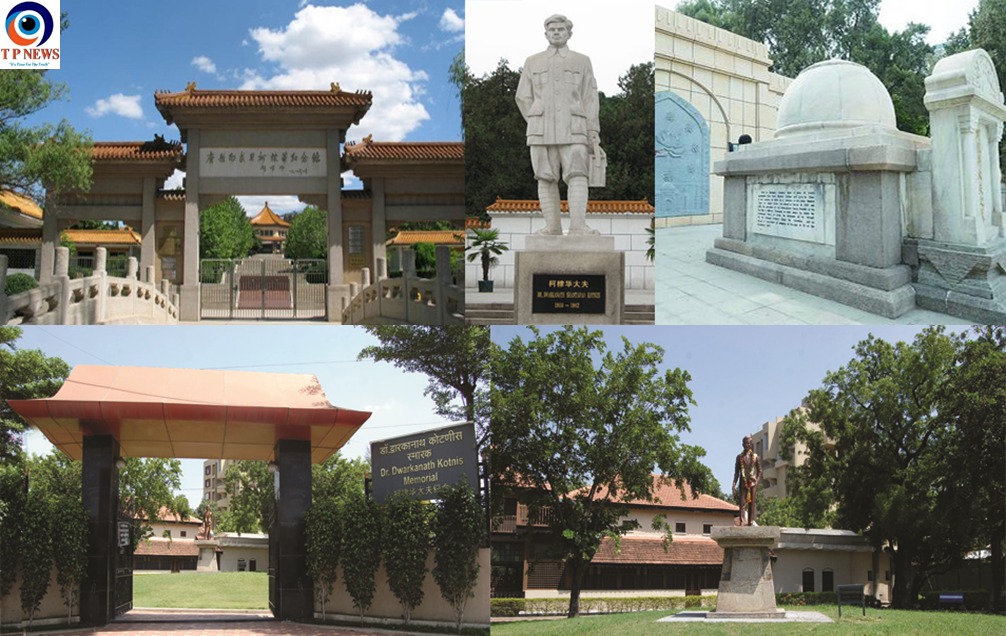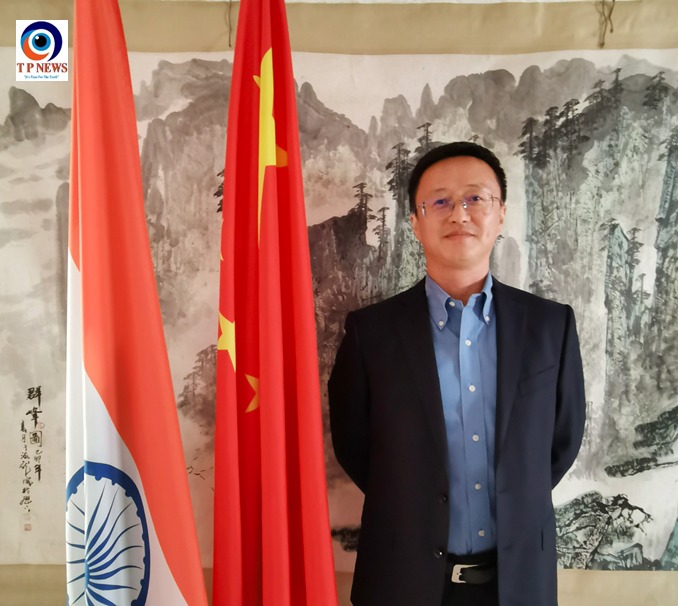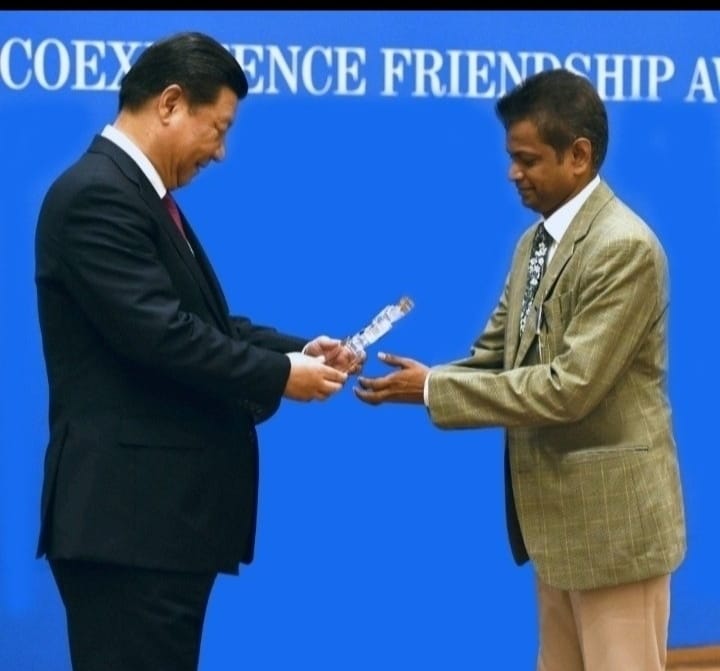In a revelation that has sent shockwaves across the United States, top security officials have uncovered an intricate and long-standing Iranian cyber-espionage operation aimed at disrupting the 2024 presidential campaign of Republican frontrunner Donald Trump. The indictment of three Iranian hackers, believed to be working on behalf of the Islamic Revolutionary Guard Corps (IRGC), has brought to light the growing threat of foreign interference in US elections. The charges, filed by US federal prosecutors, underscore the seriousness of this cyberwarfare, which also involves key actors from Russia and China.
The indictment details a broad hacking operation that has allegedly spanned several years, with the suspects using advanced techniques like spear-phishing and social engineering to compromise key accounts of US officials and Trump campaign members. While the level of success in these hacking attempts remains unclear, the scope of the operation highlights the lengths foreign powers are willing to go to influence the outcome of the US elections.
Years of Planning, Aimed at Disruption
According to US Attorney General Merrick Garland, the hackers conspired to steal critical information related to Trump’s campaign and send it to media outlets and Biden campaign affiliates in an attempt to sway the electorate. Their efforts have been framed as part of a larger plan to undermine Trump’s 2024 presidential bid, possibly driven by Iran’s desire for revenge over the 2020 assassination of General Qasem Suleimani, a towering figure in Iranian politics.
The hackers’ operations began as early as 2020, with court documents showing increased activity in May 2024. The documents also confirm a strategic focus on individuals directly involved in US campaigns, revealing the far-reaching influence of the IRGC’s cyber espionage unit.
Global Interference: A Growing Concern
Iran isn’t the only country accused of meddling in US politics. Both Russia and China have been implicated in various efforts to influence the election. Reports from Microsoft and Google’s cybersecurity units have also indicated hacking attempts targeting both the Trump and Biden campaigns. While Russia has been accused of supporting Kamala Harris based on public comments by Vladimir Putin, China is alleged to be leveraging its influence to push its global agenda by polarizing American voters.
However, Iran’s actions stand out for their boldness and the clear motive behind them—revenge for Suleimani’s assassination. As Garland noted, “There are few actors in this world that pose as grave a threat to the national security of the United States as does Iran.”
Broader Implications for National Security
This case is just one of many indictments against foreign hackers targeting US institutions, and the scale of the threat continues to grow. The US Treasury Department has taken further steps by sanctioning seven Iranians, including those involved in these attacks, as part of a broader strategy to counter election interference. Iran’s cybersecurity firm, Emennet Pasargad, was also sanctioned for running an online operation that sought to manipulate American voters during the 2020 election.
As the US approaches its next election, this wave of foreign cyber interference raises serious concerns about the security of democratic institutions and the resilience of US infrastructure against external threats. With China and Russia also implicated, it’s clear that global powers are increasingly using cyberwarfare to gain a foothold in the political landscape of the US.
The Battle Ahead
While the full impact of these attacks is still being assessed, the message from the US government remains firm: “The American people, not a foreign power, decide the outcome of our country’s elections,” as Garland emphasized. This case serves as a chilling reminder of the lengths to which hostile actors will go to disrupt the democratic process. As the world watches the lead-up to the 2024 US presidential election, the ongoing battle between cybersecurity forces and foreign hackers is set to be a critical factor shaping the future of American politics.
In a time where cyber threats can alter the course of history, the vigilance of democratic nations will determine how secure the future of elections will be.

















